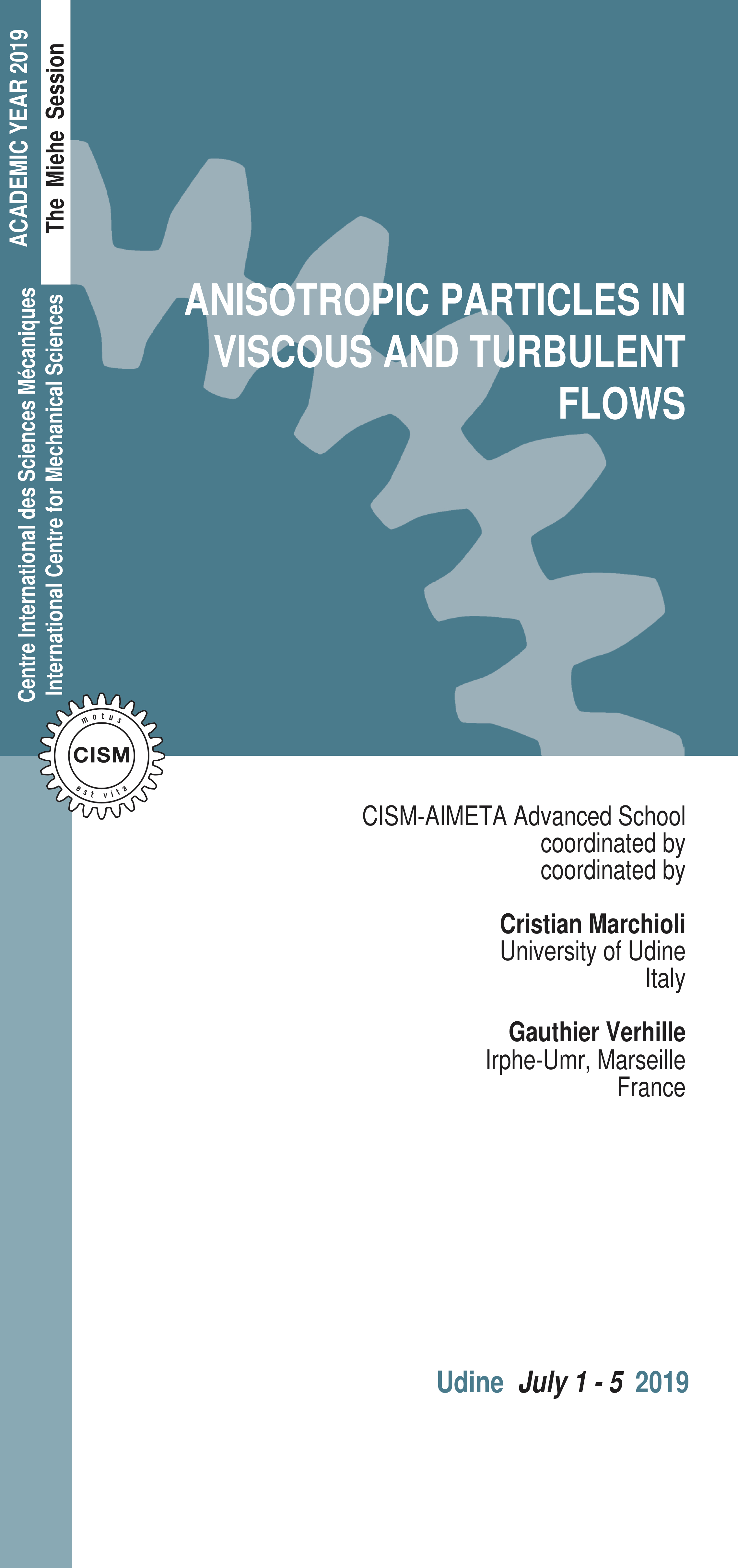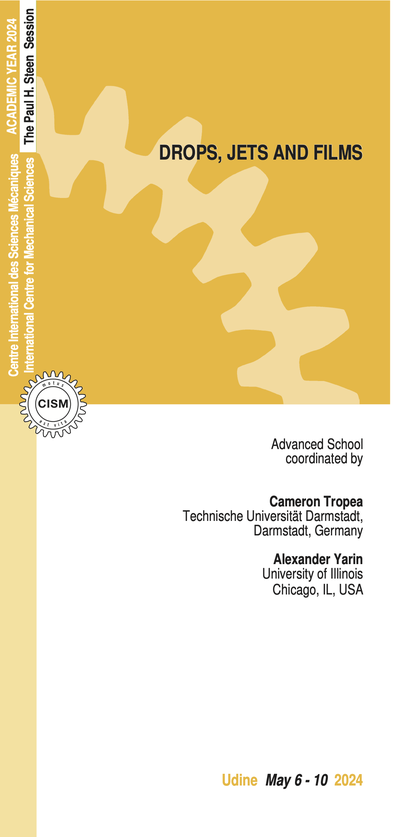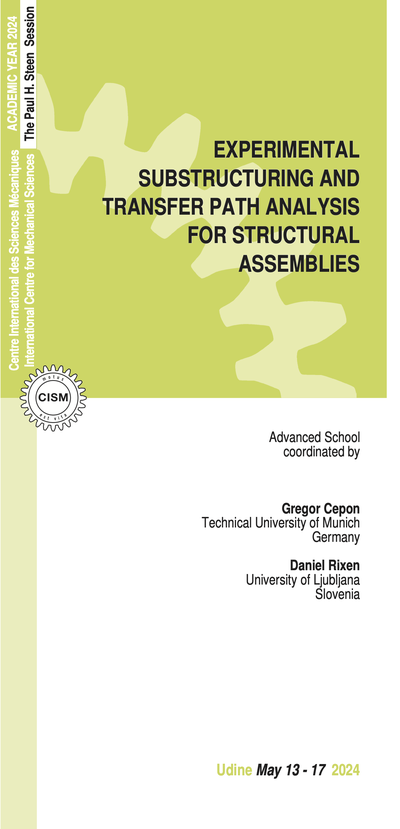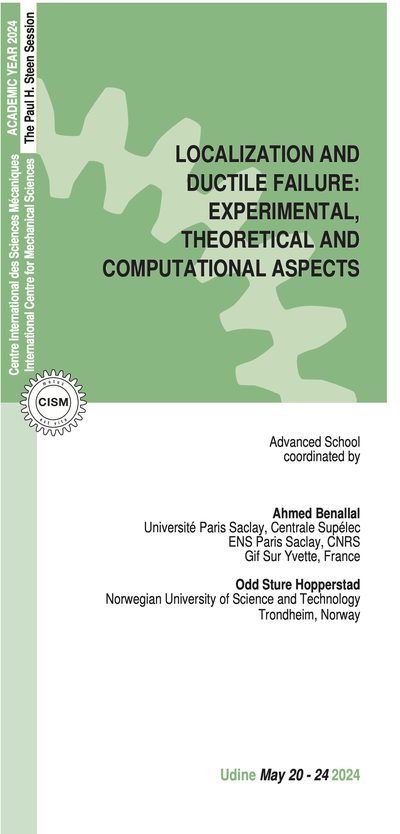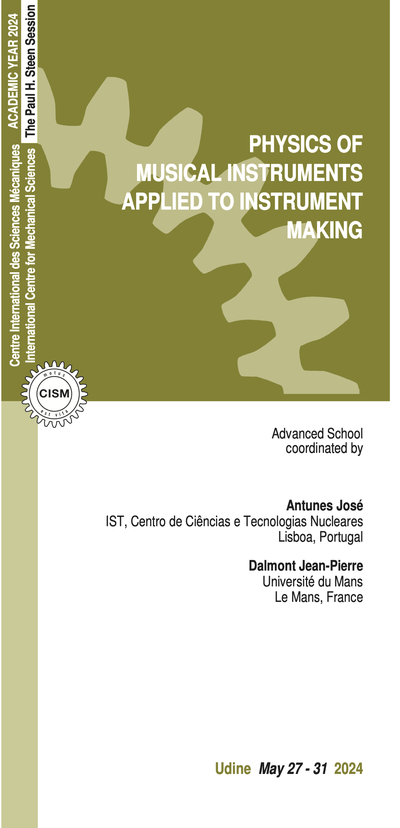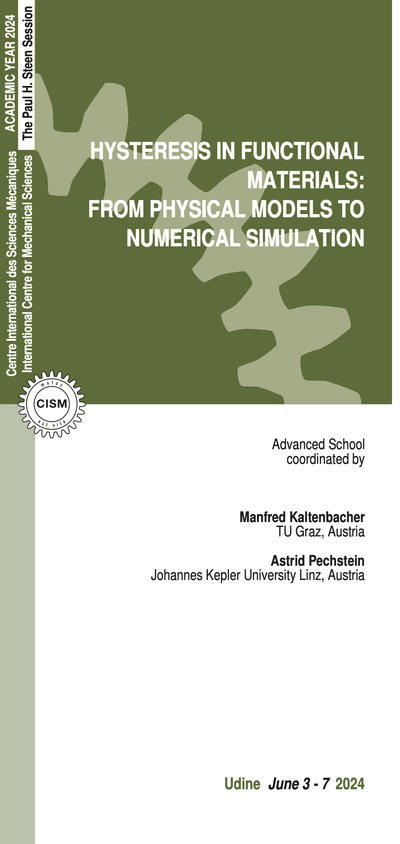Dynamics of anisotropic particles in fluid flow are encountered both in nature and in industrial applications. Examples include airborne solid particles or aerosols, sediment-laden flows, fiber suspensions, but also carbon nanotubes, macromolecules, swimming microorganisms, biopolymers. In these processes, particle shape departs from spherical, and particle size ranges from nano- to centi-meters, with loadings that can substantially change the macroscopic properties of the suspension. In addition, transport and interaction of particles in complex (e.g. turbulent) flows is governed by a number of physical processes occurring at a wide range of length and time scales. The rapidly increasing computational power has made feasible three-dimensional, time-dependent, fully-resolved simulations of non-spherical particles in fluid flows, producing an entire branch of literature that is fostering research in dispersed multiphase flow. Progress has been substantial also from an experimental point of view, thanks to the improvement of measurement techniques. In view of these developments, it is now useful to provide a general and unified frame of the current state of research and put future research paths in perspective.
Lectures will survey the most up-to-date modeling approaches, numerical simulations and/or experiments used to study the dynamics and properties of flows involving particles suspended in and interacting with a viscous or turbulent flow. In particular, several complex fluid flow problems will be addressed. The complexity may arise from: multi physics phenomena coupling various interaction types (mechanical, chemical, or thermal) that lead to complex dynamics; the effects of short-range or long-range hydrodynamic interactions on pattern formation. Many of these problems are motivated by biological phenomena, environmental processes or engineering applications, and their solutions involve applied mathematics, large-scale computations and comparisons to experimental data. Issues related to modeling and physical understanding of non-ideal particle at all various length scales will be covered: from the scale resolving the complex flow around individual non-spherical particles, to modulation of turbulence induced by particles; from particle dynamics in free and wall-bounded turbulence to fluid-particle interactions, collisions, breakup and agglomeration; from advances in measurement and simulation techniques to rheological characterization of deformable and non-deformable particle suspensions. A comprehensive ensemble of applications, extracted from the lecturers’ own research field and covering areas of applied physics and engineering, will also be provided.
The course will be particularly attractive to graduate students, PhD candidates, young researchers and faculty members in applied physics and chemical/mechanical engineering. The advanced topics and the presentation of current progress will also be of considerable interest to many senior researchers, as well as industrial practitioners having a strong interest in understanding the multi-scale complex behavior of such multiphase flows, with particular emphasis on their modeling, simulation and experimentation.
Elisabeth Guazzelli, Jeffrey F. Morris and Sylvie Pic (2012) A Physical Introduction to Suspension Dynamics, Cambridge Texts in Applied Mathematics.
Martin Maxey (2017) Simulation Methods for Particulate Flows and Concentrated Suspensions, Annual Review of Fluid Mechanics, Vol. 49, pp. 171-193.
Greg A. Voth and Alfredo Soldati (2017) Anisotropic Particles in Turbulence, Annual Review of Fluid Mechanics, Vol. 49, pp. 249-276.
Alain Pumir and Michael Wilkinson (2016) Collisional Aggregation Due to Turbulence, Annual Review of Condensed Matter Physics, Vol. 7, pp. 141-170.
Jason E. Butler and Braden Snook (2018) Microstructural dynamics and rheology of suspensions of rigid fibers, Annual Review of Fluid Mechanics, Vol. 40, pp. 299-318.
Thomas R. Powers (2010) Dynamics of filaments and membranes in a viscous fluid, Review of modern physics, Vol. 82, p1607-1631.
4 lectures on: Rheology of dense suspensions. Equations for calculating the collective dynamics of non-spherical slender particles suspended within viscous fluids will be presented and explained. The lectures will focus on the numerical methods at the basis of the Stokesian dynamics calculations for suspensions of non-spherical slender particles.
4 lectures on: Rigid and deformable particles in viscous flow. Small particles in highly viscous fluid; sedimentation and rheology. Low-Reynolds-number limit at the level of individual particles, small inertial correction. Sedimentation of one, few or many particles.
4 lectures on: General introduction to the scope of the course. Modelling and simulation of elongated particles in turbulent flow, with specific reference to non-homogeneous anisotropic turbulence. Phenomenology of particle-turbulence interactions for rigid or flexible elongated particles, and for active (motile) or passive (non-motile) particles. Breakup of particle aggregates in bounded turbulence. Discussion and analysis of DNS-based results, with an emphasis on the role played by near-wall structures.
4 lectures on: Finite-size particles in wall-bounded turbulence. The lectures will be focused on the modelling and numerical simulations of finite-size particles (with application to sedimentation and shear flows) in turbulent flows. Several numerical techniques will be presented, with specific focus on the immersed boundary method. Extensions to non-spherical particles and examples of applications in dispersed multiphase flows will be discussed, with focus on finite-size effects in the dynamics of individual particles and collective effects of finite-size particles.
4 lectures on: Theoretical aspect of aggregation and settling of anisotropic particles in turbulence. Modelling of particle orientation in turbulent flows; aggregation of particles in turbulence; settling of anisotropic particles in turbulence.
4 lectures on: Deformable particles in turbulence and experimental techniques. Modelling of the deformations of flexible particles in turbulence; influence of particle deformation on particle transport and on macroscopic quantities (e.g. drag reduction); experimental measurements of deformable particles in turbulence.
4 lectures on: Experimental characterization of rigid non-spherical particles in turbulence. Presentation of some experimental aspects, analysis and discussion of special issues such as non-spherical particle alignment in fluid flows and fluid stretching for the description of particle agglomeration and breakup.
The registration fee is 600.00 Euro + VAT*, where applicable (bank charges are not included). The registration fee includes a complimentary bag, four fixed menu buffet lunches (on Friday upon request), hot beverages, downloadable lecture notes and wi-fi internet access.
Applicants must apply at least one month before the beginning of the course. Application forms should be sent on-line through the following web site: http://www.cism.it. A message of confirmation will be sent to accepted participants. Applicants requiring assistance with the registration should contact the secretariat at the following email address cism@cism.it.
Applicants may cancel their course registration and receive a full refund by notifying CISM Secretariat in writing (by email to cism@cism.it) no later than two weeks prior to the start of the course.
Cancellation requests received during the two weeks prior to the start of the course will be charged a 50.00 Euro handling fee. Incorrect payments are also subject to a 50.00 Euro handling fee.
A limited number of participants from universities and research centres who are not supported by their own institutions can be offered lodging and/or board, if available, in a reasonably priced hotel or student guest house.
Requests should be sent to CISM Secretariat by May 1, 2019 along with the applicant's curriculum and a letter of recommendation by the head of the department or a supervisor confirming that the institute cannot provide funding. Preference will be given to applicants from countries that sponsor CISM.
Information about travel and accommodation is available on the web site www.cism.it, or can be mailed upon request.
* Italian VAT is 22%.
